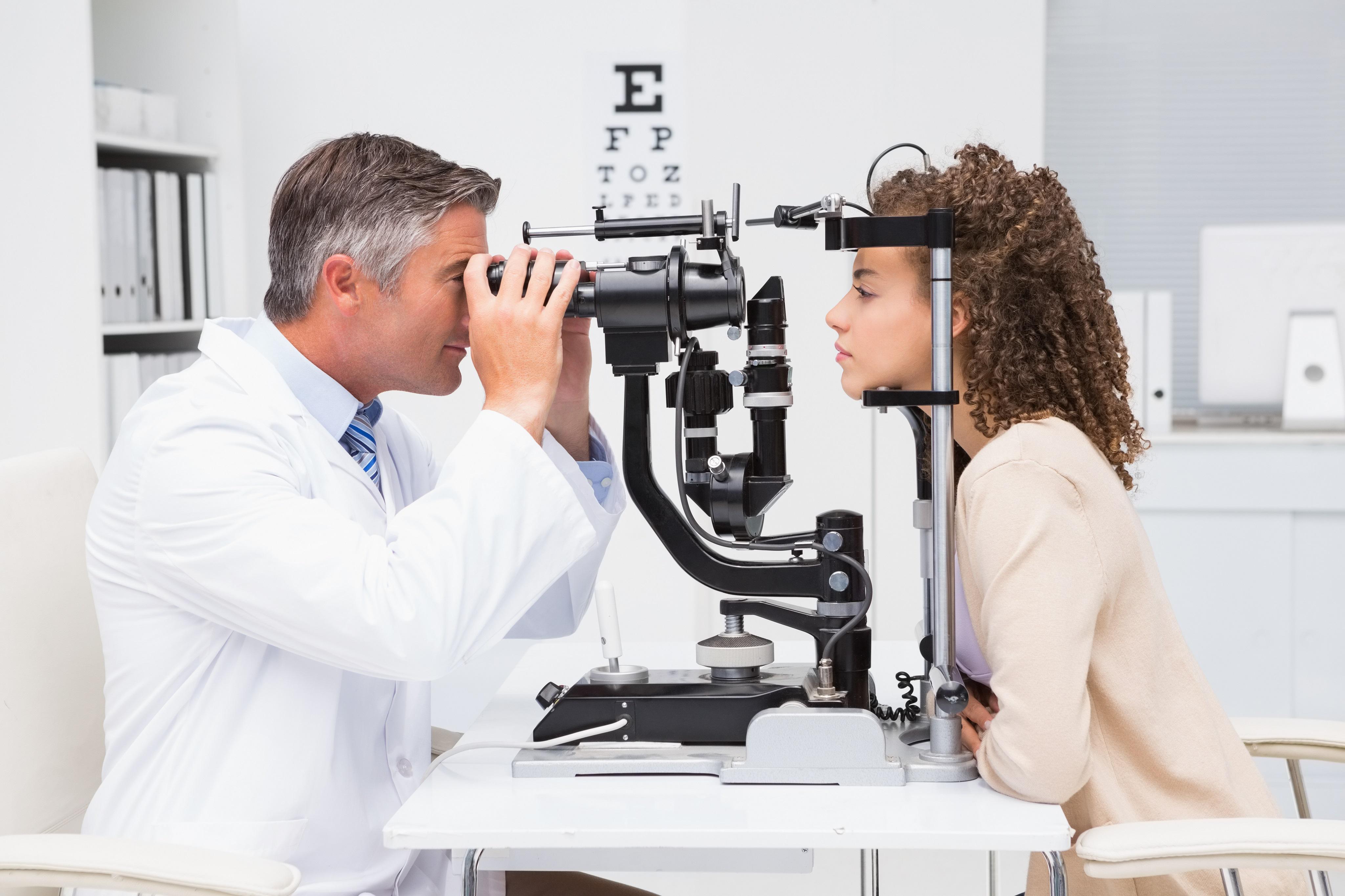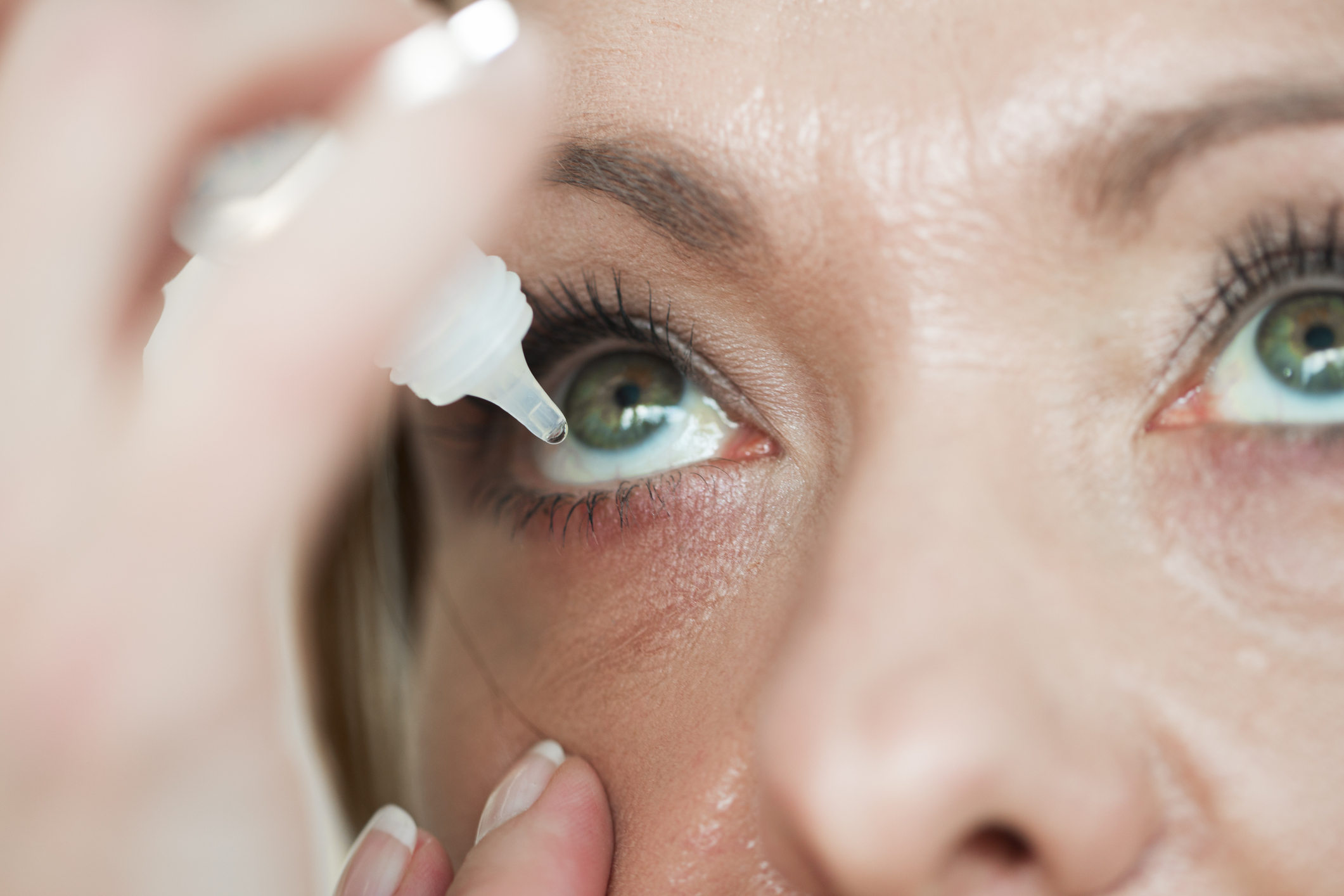All Categories
Featured

While most individuals understand the value of shielding their skin from the sunlight, the dangerous results of ultraviolet (UV) rays on eye health commonly go ignored. However, too much exposure to UV radiation can result in a variety of eye troubles, several of which can cause long-term damage. Whether you're soaking up the sunlight on a summer season day or strolling outdoors on an over cast mid-day, safeguarding your eyes from UV rays is vital. Below's what you require to find out about the effects of UV radiation on your eyes and how to shield them.
What Are UV Rays? UV rays are a sort of electro-magnetic radiation produced by the sun. They are classified right into 3 kinds:
UVA Rays: These pass through deep into the skin and eyes and can contribute to long-term damages. UVB Rays: These rays are much more extreme than UVA and are primarily responsible for surface-level damage to the eyes and skin. UVC Rays: These are one of the most unsafe however are mainly taken in by the Earth's ozone layer and don't typically reach us. UVA and UVB rays are the main wrongdoers behind eye-related damages.
Short-Term Results of UV Direct Exposure on the Eyes. Even temporary direct exposure to extreme UV rays can hurt your eyes. One usual problem brought on by this is photokeratitis, or "sunburn of the eye." Signs and symptoms of photokeratitis consist of:
Unpleasant, red eyes. Sensitivity to light. Tearing or too much watering. Momentary vision loss or blurred vision. Photokeratitis is usually short-term, however it offers as a caution of exactly how damaging UV exposure can be, even in tiny dosages.
Long-Term Results of UV Direct Exposure. Prolonged direct exposure to UV radiation can result in a lot more severe and long-term eye problems, such as:
Cataracts: UV rays can accelerate the development of cataracts, a problem that creates clouding of the eye's all-natural lens, resulting in fuzzy vision and, if untreated, loss of sight.

Macular Deterioration: UV direct exposure can damage the retina, particularly the macula, increasing the threat of age-related macular degeneration (AMD), which affects main vision.
Pterygium: A growth of cells on the white component of the eye that can expand over the cornea, creating pain, soreness, and vision troubles.
Pinguecula: UV exposure can cause yellow-colored deposits to base on the conjunctiva, resulting in inflammation and dryness.
Skin Cancer Cells Around the Eyes: The fragile skin bordering your eyes is highly vulnerable to UV radiation, enhancing the threat of skin cancers like basic cell cancer and squamous cell carcinoma.
Exactly How to Safeguard Your Eyes from UV Rays. Protecting your eyes from UV rays is basic and calls for a few conscious habits:
Invest in High Quality Sunglasses: Select sunglasses that obstruct 100% of UVA and UVB rays. Seek tags that define "UV 400" defense. Wrap-around designs are optimal as they block UV rays from the sides as well.
Use a Wide-Brimmed Hat: A hat with a brim at the very least three inches broad can dramatically reduce UV exposure to your eyes and face.
Limitation Direct Exposure During Top Hours: UV rays are greatest in between 10 a.m. and 4 p.m. If you have to be outdoors throughout these hours, ensure you're properly protected.
Don't Be Tricked by Clouds: UV rays can penetrate with clouds, so it is necessary to wear sunglasses also on overcast days.
Safeguard Your Eyes Year-Round: Snow, sand, and water can reflect UV rays, escalating their effects. Eye defense isn't just for sunny summertime days-- ensure you're covered in all seasons.
Use UV-Blocking Contact Lenses: Many call lenses currently feature UV security. If you put on contacts, ask your eye medical professional about lenses with integrated UV filters for included security.
Encourage Eye Protection for Children: Children's eyes are much more conscious UV rays because their lenses are more clear, permitting even more radiation to reach the retina. Ensure they use sunglasses and hats during outside tasks.
Regular Eye Tests. Normal exams with an eye care professional are vital for very early detection of any type of UV-related damage. An optometrist or eye doctor can evaluate your eyes, advise safety measures, and detect problems like cataracts or macular degeneration at an early stage.
Conclusion. UV rays present a considerable threat to eye health and wellness, and their impacts can accumulate gradually. With the appropriate safety measures, you can lessen these threats and safeguard your vision. By putting on UV-blocking sunglasses, limiting sunlight direct exposure throughout optimal hours, and staying consistent with eye exams, you can ensure your eyes remain healthy and balanced and your vision stays clear for several years to find. Securing your eyes from UV radiation isn't almost convenience-- it's a vital step in protecting your lasting eye health and wellness.
Latest Posts
Explore the Best Auto Repair Offers in Montclare, Chicago
Don’t Miss Exclusive Auto Repair Deals in Chicago at Montclare Auto Repair
Uncover the Best Auto Repair Discounts in Montclare, Chicago
More
Latest Posts
Explore the Best Auto Repair Offers in Montclare, Chicago
Don’t Miss Exclusive Auto Repair Deals in Chicago at Montclare Auto Repair
Uncover the Best Auto Repair Discounts in Montclare, Chicago